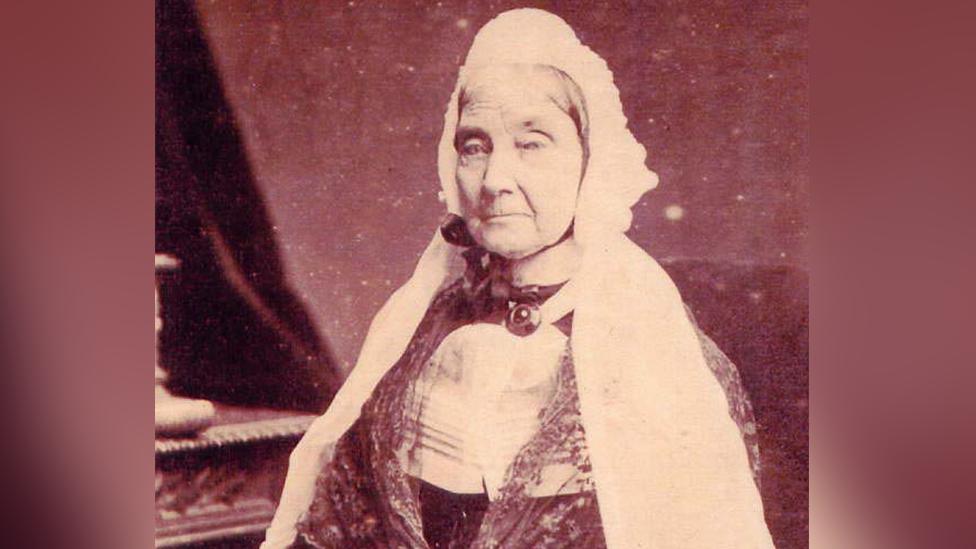Museum to make exhibits on slavery 'more honest'
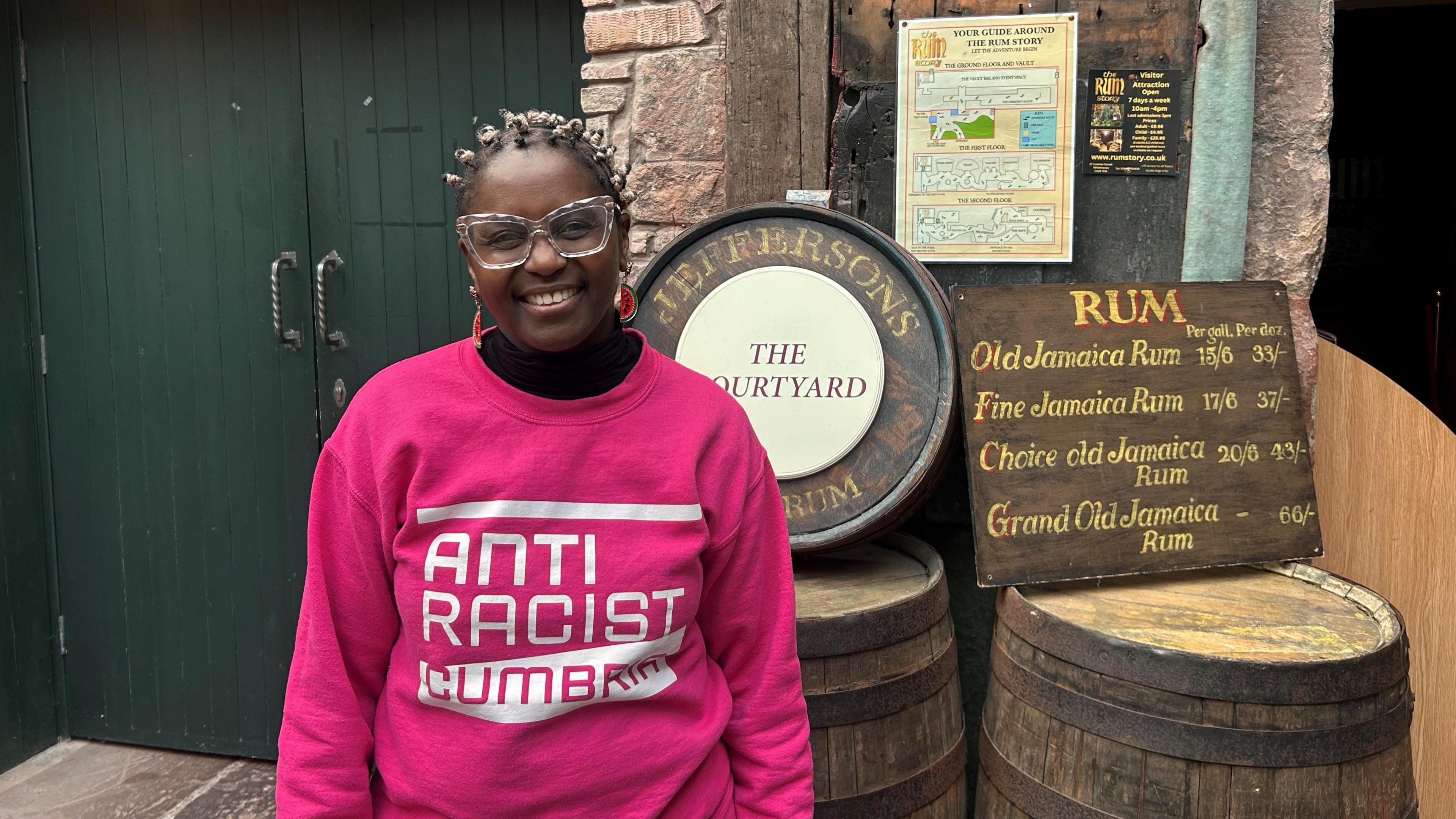
Janett Walker said the slave trade's role in Whitehaven had been "glossed over"
- Published
A museum is changing its exhibits to reflect a town's "glossed over" connections to slavery.
The Rum Story in Whitehaven opened in 2000 and highlights the history of the Jefferson family business which was involved in shipping and the trading and enslavement of African people in the 18th Century.
Whitehaven Harbour Commissioners and the charity Anti Racist Cumbria said they would use a grant of almost £250,000 carrying out fact-checks with historians and trying to trace descendants of those affected.
Head of the charity, Janett Walker, said for years the role that ports such as Whitehaven played in the slave trade had not been properly reflected.
She said this meant the "intergenerational consequences, including trauma had been ignored".
She also said there had been "active avoidance or euphemism" with the use of terms such as "shipping" or the "Virginia Trade" to refer to slavery.
The museum will spend £249,431 awarded from the National Lottery Heritage Fund on improvements and updating exhibits.
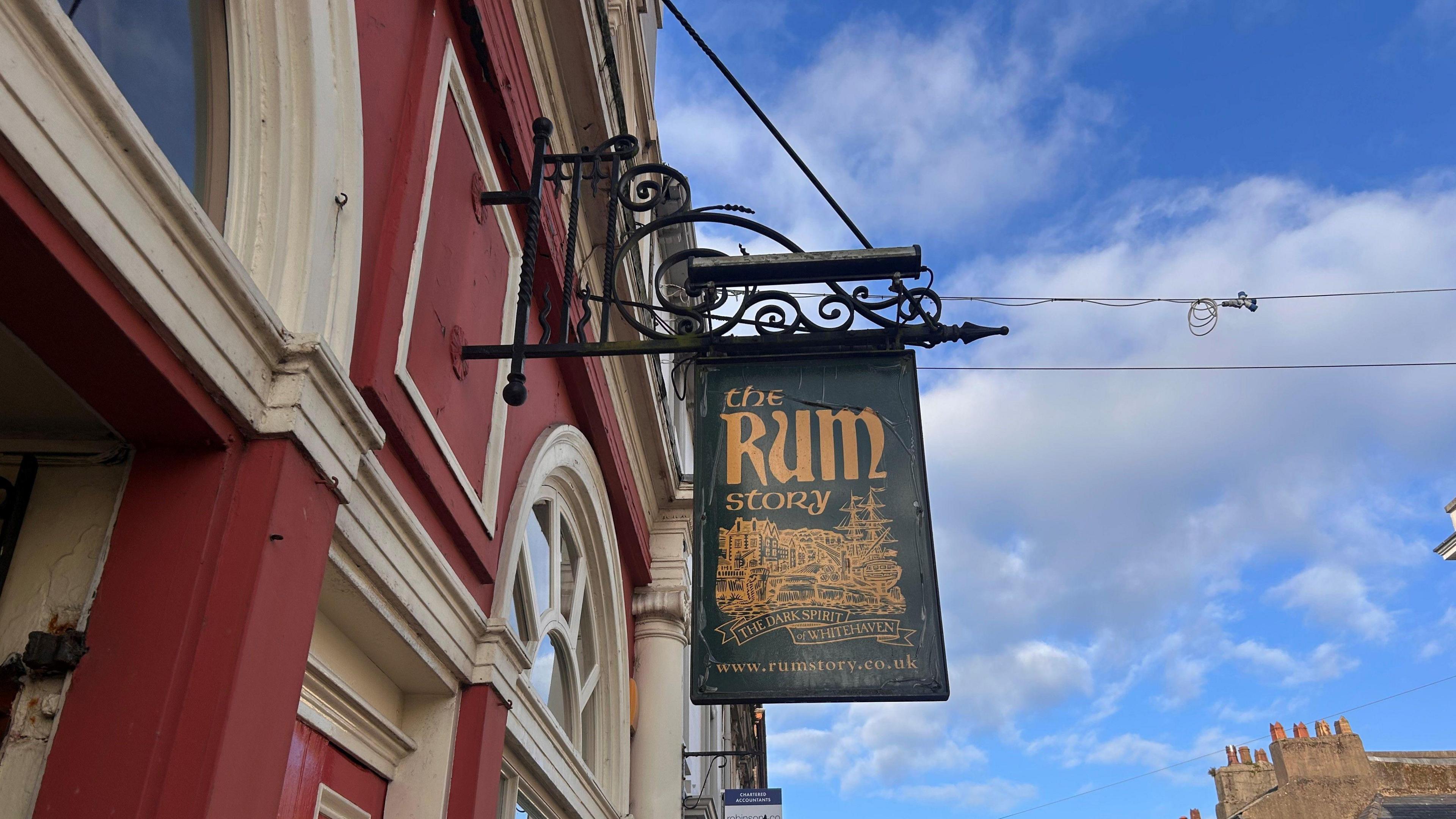
The Rum Story opened in 2000
Project manager Katy Haigh said the aim was to find out how the trading and trafficking of African people had left a "legacy" on affected families.
She said the funding will also be used to make the exhibits more engaging and tell stories in a "more honest way".
The museum also wants to explore how it can work with communities, schools and businesses as well as attract tourists to the town.
'Not shy away'
The head of the non-profit Whitehaven Harbour Commissioners, Deanne Shallcross, said people should not have to travel to big cities to "learn about enslavement and how it has shaped our country".
"We have the history right here and we want to make sure the way it is told is shaped by the community and does not shy away from recounting a fuller picture of history," she said.
Businesses, universities, artists, historians and curators are being urged to get involved later in the year.
Ms Haig said: "I am so excited about this project and I really believe it has the potential to bring communities together and re-engage people with the history of their town."
Follow BBC Cumbria on X, external, Facebook, external, Nextdoor and Instagram, external. Send your story ideas here, external.
Related topics
Related stories
- Published25 May 2024
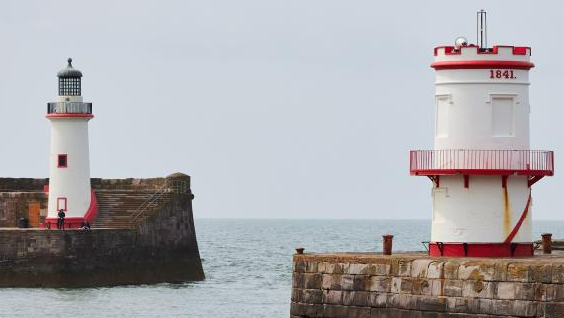
- Published24 May 2021
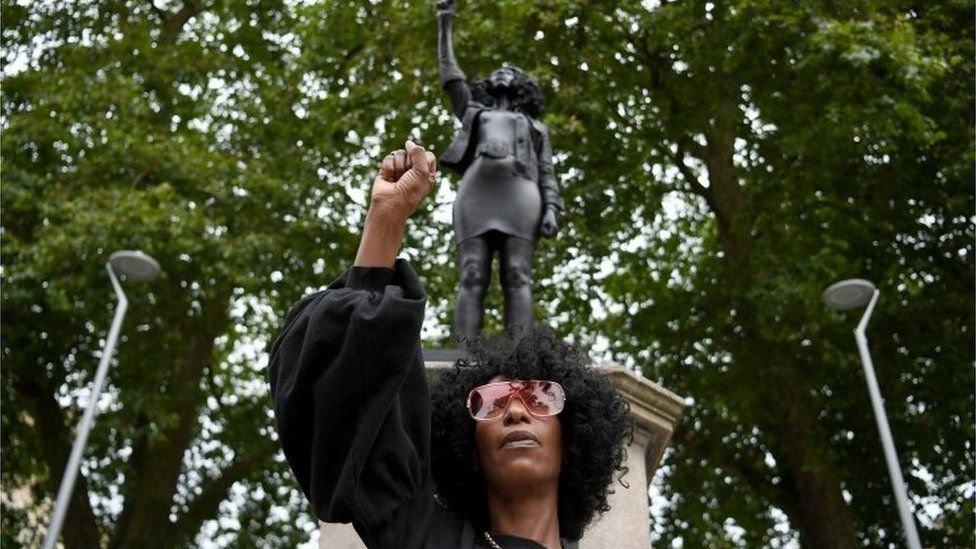
- Published16 October 2020
